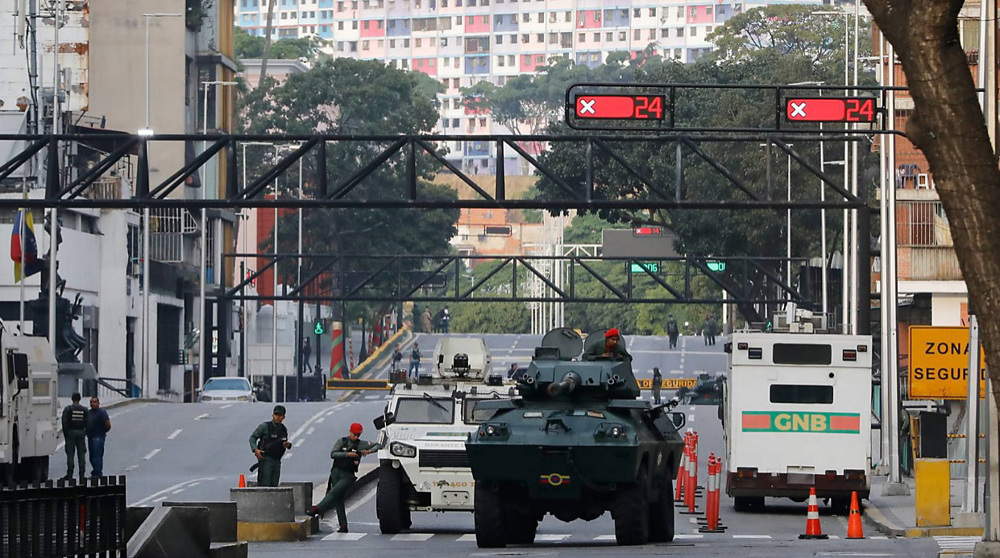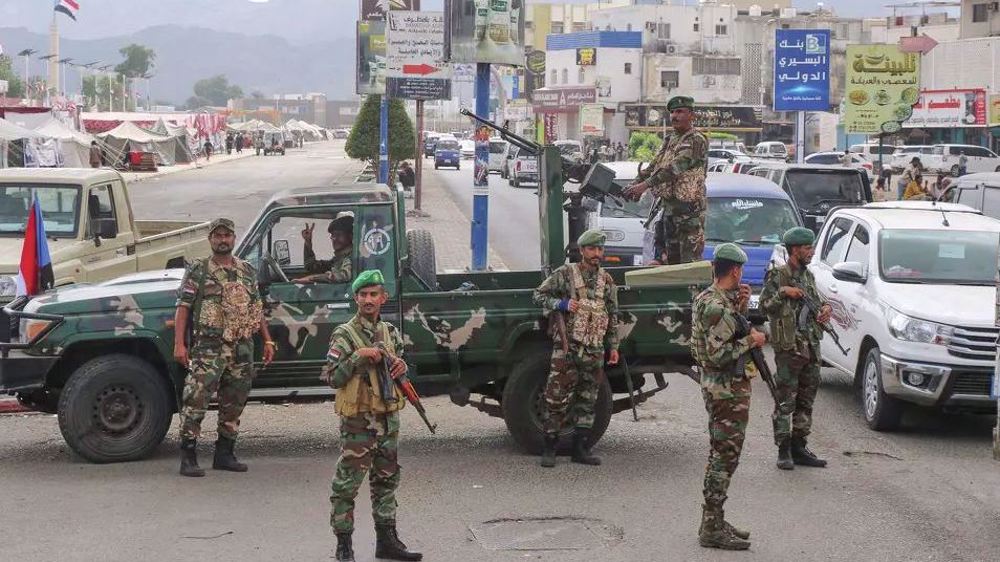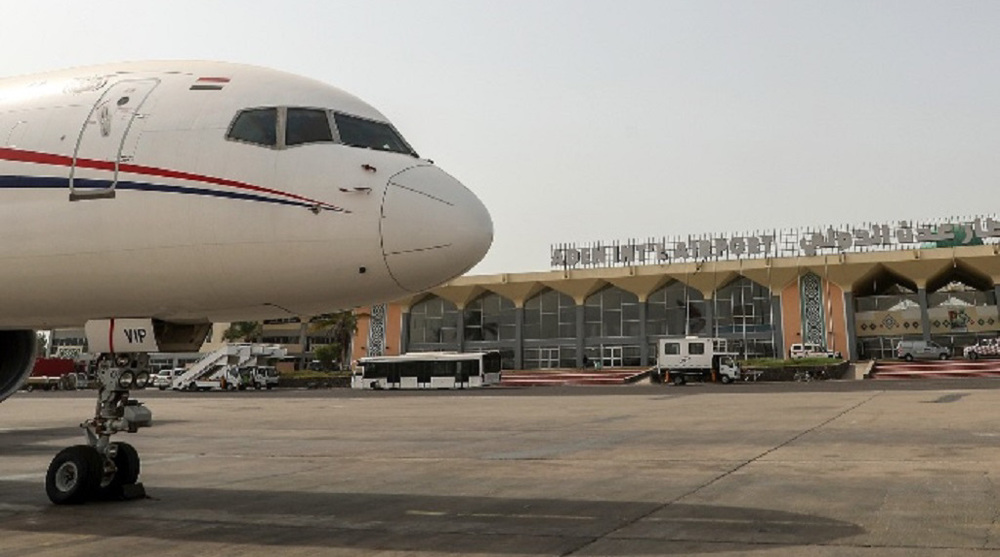More Yemeni women delivering stillborns, babies with birth defects: Medics
Yemeni doctors and medical officials have warned about the impact of the Saudi war, saying they have detected a dramatic rise in the number of stillbirths and babies born with congenital defects.
Director of the Department of Obstetrics and Gynecology at al-Sabeen Maternity and Child Hospital in Sana’a, who identified herself only as Jamila, said the number of premature births and fetal abnormalities has grown exponentially over the last four months.
The rate now stands at two cases a day, the Arabic service of Deutche Welle quoted her as also saying that in some cases, babies have even been born without heads or with joint contractures.
MD Wafa al-Mamari, an obstetrician at al-Rahma Hospital in northern Sana’a, said that scores of surgeries and cesarean sections have been carried out at her medical facility in alarming conditions to remove deceased or deformed fetuses from the wombs of pregnant women, and the number is continuing to rise.
“Fetal malformations could occur due to several reasons, including mothers’ diseases and subsequent viral infection of the faction and/or poor nutrition,” she said.
“The strange thing,” she said, “is that the rate of fetal abnormalities is growing up and doctors cannot explain the causes, meaning that the phenomenon could be attributed to war and ordinances, given the fact that a great proportion of women with deformed fetuses hailed from bombarded areas in the provinces of Sa’adah, Sana’a, Ta’izz and Hudaydah.”

MD Ahmed al-Haidari, a lecturer and researcher at Ta’izz University, said that chemical agents of internationally-banned munitions dropped on Yemen will impact Yemenis’ health conditions in the mid- and long-run.
He called for an international investigation into Saudi Arabia’s use of non-conventional weapons against Yemen.
Saudi Arabia launched its military aggression against Yemen on March 26, 2015 in a bid to bring Abd Rabbuh Mansur Hadi — who has resigned as Yemen’s president and is a staunch ally of Riyadh — back to power.
More than 9,400 people have been killed and at least 16,000 others injured since the onset of the aggression.
The Saudi strikes have also taken a heavy toll on the country’s facilities and infrastructure, destroying many hospitals, schools, and factories. They have also driven 2.8 million people from their homes.
More than 80 percent of the population is in dire need of food, water and other humanitarian aid, according to the United Nations (UN).
Human Rights Watch (HR) has urged Saudi Arabia to stop using banned cluster munitions that leave behind unexploded sub-munitions and endanger civilians.
On May 6, Steve Goose, arms director at HRW and chair of the Cluster Munition Coalition, an international coalition of groups working to eradicate cluster munitions, called on Washington to stop producing and selling the internationally-banned weapons in compliance with international law.
Goose said Saudi Arabia has used various types of US-made cluster munitions, including CBU-105 Sensor Fuzed Weapons, in its war against Yemen.
VIDEO | Press TV's news headlines
Hamas: Israel escalating ceasefire violations in Gaza
Venezuela's government declares unwavering unity behind Maduro
VIDEO | Global outcry over Venezuela president abduction
Iran keeps wheat import subsidies despite cutting other food supports
Venezuelan military stands with acting president after US kidnapping of Maduro
VIDEO | Press TV's news headlines
VIDEO | Protesters in Toronto slam US kidnapping of Venezuelan president


















 This makes it easy to access the Press TV website
This makes it easy to access the Press TV website